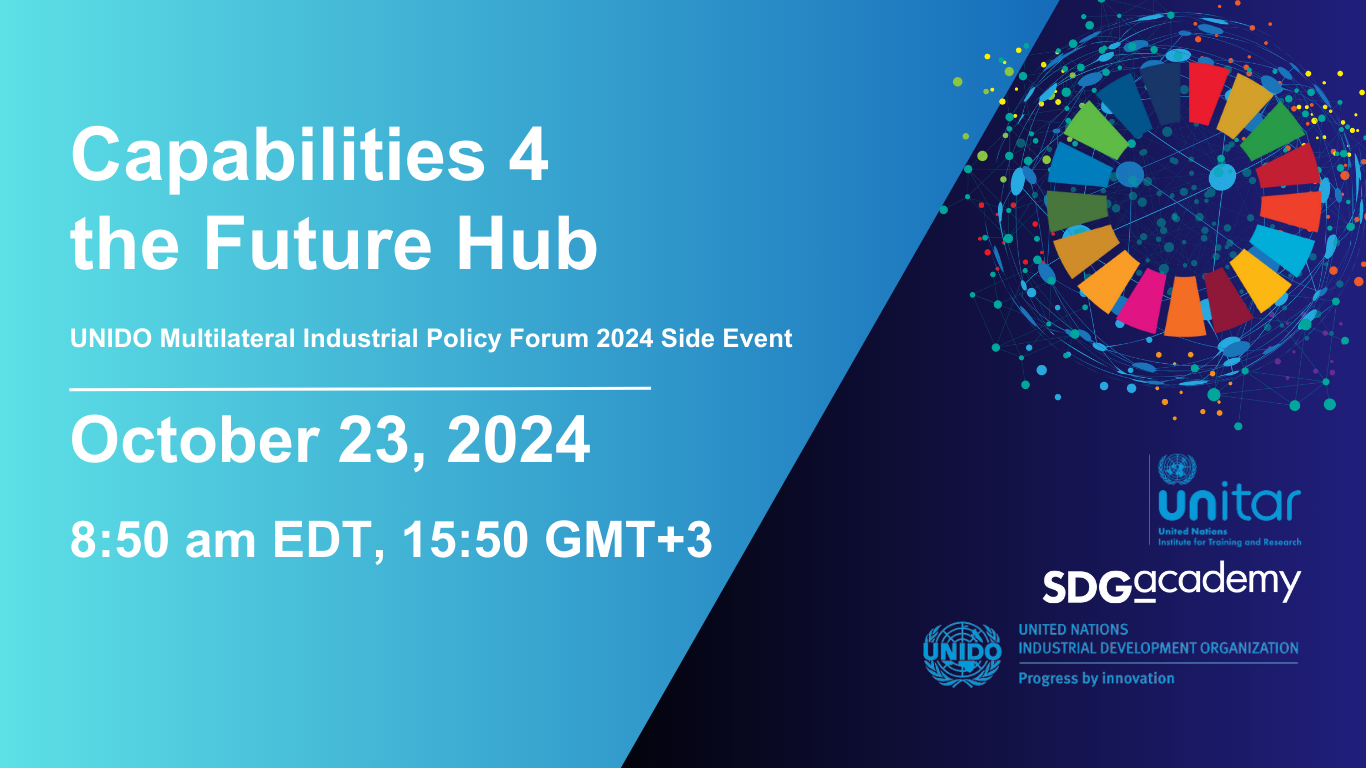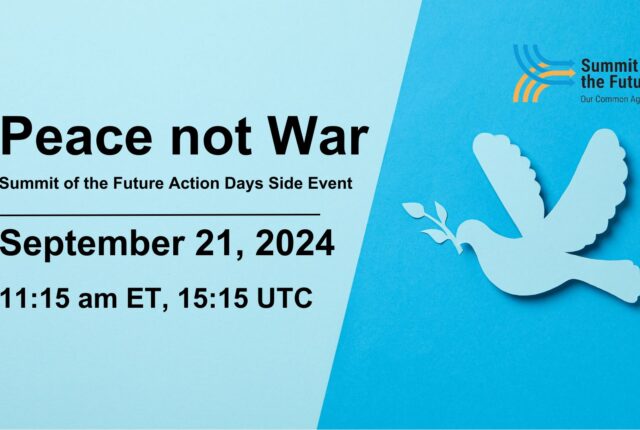
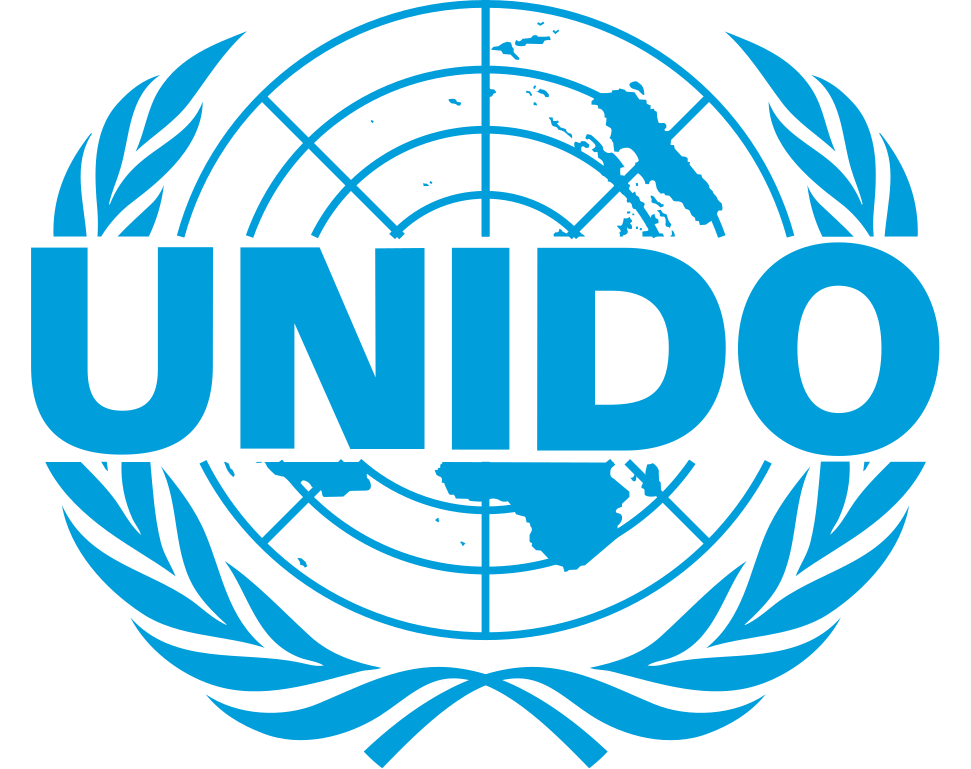

Supported by
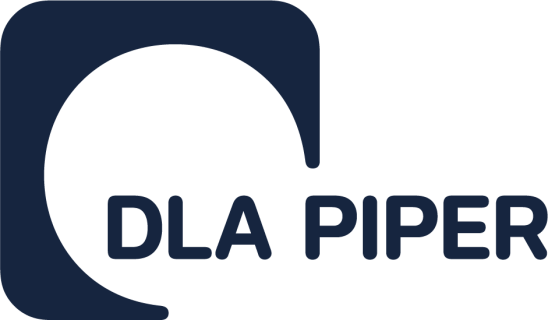
Reflections on the Multilateral Industrial Policy Forum Side Event: “Capabilities 4 the Future Hub”
Six in ten workers globally are expected to require reskilling by 2027, according to the World Economic Forum’s Future of Jobs Report 2023.
Global reskilling is an urgent priority to enable green and digital transitions, and to make global value chains (GVCs) more sustainable. Companies and industries are racing to adopt sustainable practices across their operations, supply chains, and business strategies. Yet only half of the workforce currently have access to adequate training.
To address this, UNIDO, UNITAR, and the Sustainable Development Solutions Network (SDSN) with support from DLA Piper co-hosted a side event during the 2024 Multilateral Industrial Policy Forum on 22 October to introduce the “Capabilities 4 the Future Hub (CAP4FUTURE).”
Short summary of the discussion:
The side event brought together the main champions of the Capabilities 4 the Future Hub. It explored how the Hub can be a collaborative platform for government, private sector, and educational and training institutions to navigate the green and digital transitions. The Hub will promote dialogue and learning strategies at global, sectoral, and national levels. Discussions focused on:
- Capacity development, learning pathways and cross-sectoral expertise to build effective learning systems that can support sustainable development
- Multilateral industrial cooperation to promote more inclusive and sustainable participation in GVCs and related access to capacity building
- Understanding private sector requirements from government and cohesive industrial policies to enable smoother and more effective transitions towards sustainability
- Building private-public partnerships for learning strategies to optimize sustainability transitions
Key outcomes and resources:
UNIDO’s Industrial Development Report (IDR) 2024 calls for industrial policies to be aligned with the Sustainable Development Goals (SDGs), and to be future-ready, collaborative and regionally coordinated. The Capabilities 4 the Future Hub is designed to support this goal through its collaborative platform.
The Hub will facilitate the management of transitions towards sustainable and inclusive global value chains through participatory dialogue and by providing access to learning, training, upskilling and reskilling opportunities for micro, small and medium-sized enterprises and individuals.
Stakeholders were invited to engage, with proposed funding through voluntary contributions from UN Member States and matched private sector support.
Key resources from the discussion include:
- UNSDG: Learn
- SustainChain
- Germany’s Mittelstand Digital Initiative
- BuildSkills Academy
- MOOC on Insurance and the SDGs, developed by Better Insurance Network, SDSN, UNITAR, and hosted by the SDG Academy.
THE MULTILATERAL INDUSTRIAL POLICY FORUM 2024: OUTCOME DOCUMENT
Please find bellow the outcome document of MIPF 2024. Capabilities4Future Hub and BuildSkills Academy are mentioned on Key Insight 2: Empowering tomorrow – cultivating future-ready human capital (page 26) and on section 5. MIPF 2024: Paving the way for the industry of tomorrow (page 45).
KEY TAKEAWAYS
In a message prepared for the event, Professor Jeffrey Sachs, President of SDSN, highlighted the global need for industrial transformation aligned with sustainable practices, positioning CAP4FUTURE as a critical step in that direction.
What is the CAP4FUTURE Hub
The CAP4FUTURE Hub will be a collaborative platform aimed at addressing the gap in skills training by bringing together government agencies, private sector leaders, and educational institutions to align learning strategies at global, national, and sectoral levels.
Elena Proden from UNITAR emphasized that CAP4FUTURE will target critical training gaps, especially for “small and medium-sized companies (SMEs), which don’t have the opportunities and resources for doing their own capacity building.” The platform will offer accessible, context-sensitive learning solutions to support both industry and policymakers.Paul Walsh, Director of SDG Academy at SDSN, stressed that CAP4FUTURE fosters collaboration across educational institutions, vocational programs, and industry, creating learning pathways that build sustainable, inclusive GVCs. He underscored that global coordination is key to meeting industry demands while advancing social and environmental goals.
How Can CAP4FUTURE Impact Countries?
Countries face unique challenges in achieving sustainable practices. Hon. Andrew Paygar-Flangiah, Liberia’s Deputy Minister of Industry, explained how outdated policies limit Liberia’s industrialization efforts. “In Liberia, you have an existing industry that [is] not fully developed because they do not have the required skill set,” he stated, highlighting CAP4FUTURE as a needed resource to provide marketable skills for Liberia’s youth.
In industrialized nations, Siegfried Leffler, Head of GIZ International Services, discussed Germany’s Mittelstand Digital Initiative, which supports SMEs in adopting sustainable and digital practices aligned with EU standards. He emphasized Germany’s collaborative partnerships with other countries, sharing best practices to aid these nations in adopting green practices that are adaptable to their unique contexts.
Ambassador Gerry Cunningham of Ireland discussed Ireland’s focus on equitable access to sustainable resources and the value CAP4FUTURE offers as a neutral platform where different actors and governments can meet to foster a coherent and equitable access to resources and expertise, without being tied to a single country’s agenda.
How Can CAP4FUTURE Help the Private Sector Meet Sustainability Requirements?
Jacqueline Corbelli of SustainChain described SustainChain’s public service platform as a model for CAP4FUTURE, connecting impact investors, innovators, and purpose-driven brands through AI to generate new opportunities across sectors. SustainChain provides real-time insights and actionable connections, accelerating private sector alignment with the SDGs by streamlining collaboration among corporations, learning institutions, and policymakers.
Kelly Sporn, DLA Piper, prepared a video message on the importance of aligning policy and private sector strategies for sustainable growth:
CAP4FUTURE Hub Pilots: Construction & Insurance
Isabela Carrozza Joia from SDSN introduced two CAP4FUTURE pilot initiatives that exemplify effective public-private partnerships. The BuildSkills Academy provides the construction sector with essential green and digital training.
Carrozza Joia also announced the soon-to-be-launched MOOC on Insurance and the SDGs, developed by Better Insurance Network, SDSN, UNITAR, and hosted by the SDG Academy. This course will highlight the insurance industry’s contributions to the SDGs.
Conclusion and Takeaways
The Capabilities 4 the Future Hub will be a platform that bridge gaps between governments, industries, and educational institutions, providing critical resources for sustainable development. Speakers emphasized the urgent need for aligned policies, accessible training resources, and innovative learning systems to support green and digital transitions. Niki Rodousakis of UNIDO closed the discussion with a powerful call to action: “You can either go to sleep and dream, or you can wake up and take action.”
If you are interested in getting involved with CAP4FUTURE, please write to us!
Panelists:
- Ms. Elena Proden, Senior Specialist, Strategic Implementation of the 2030 Agenda Unit, United Nations Institute for Training and Research (UNITAR)
- Mr. Patrick Paul Walsh, Vice President of Education and Director of the SDG Academy at the UN Sustainable Development Solutions Network (UNSDSN)
- Hon. Andrew Paygar-Flangiah, Deputy Minister of Industry, Liberia
- Mr. Siegfried Leffler, Head of Operations, International Services, Deutsche Gesellschaft für Internationale Zusammenarbeit (GIZ) GmbH
- H.E. Gerry Cunningham, Ambassador of Ireland to Saudi Arabia
- Ms. Jacqueline Corbelli, U.S. Coalition of Sustainability and SustainChain
- Ms. Isabela Carrozza Joia, UNSDSN, on behalf of BuildSkills
- Video statements: Prof. Jeffrey Sachs, Columbia University and Ms. Kelly Sporn, Special Counsel & Head of Strategic Delivery – Sustainability & ESG
Moderator: Ms. Niki Rodousakis, UNIDO/TCS/IPC
Click the arrows below to expand event details
Description
UNIDO Multilateral Industrial Policy Forum 2024 Side Event: “Capabilities 4 the Future Hub”
The world is undergoing significant economic transformations driven by green and digital technologies, demographic shifts, and a push for responsible consumption. Climate change, resource scarcity, and regulations promoting ESG compliance are reshaping global economic policies. Both developing and developed countries face challenges requiring climate adaptation and sustainable development strategies.
A key focus of the 2024 UNIDO Industrial Development Report is the “New Era of Industrial Policy,” which emphasizes the need for coordinated multilateral efforts to transform Global Value Chains (GVCs) into engines of sustainable industrial development. Historically, national industrial policies often prioritized cheap labor and productivity at the cost of social and environmental impacts. However, today’s industrial policies must align with the Sustainable Development Goals (SDGs) and adopt a global, collaborative approach to manage the energy transition, the fourth industrial revolution, and demographic shifts.
As ESG regulations in Europe evolve, Global Value Chains will be reshaped, affecting production methods and locations. Multilateral cooperation will be crucial to ensuring inclusive and sustainable GVCs. Upskilling government agencies and private sector participants, particularly in lower-income countries, is essential to support these transitions.
UNIDO, UNITAR, and SDSN have proposed the “Capabilities 4 the Future Hub” to address this need, offering sustainable development learning resources to help stakeholders adapt to these global shifts.
Date, time, location
Date: 23 October 2024 | Add to Google Calendar | Add to Outlook Calendar | ICS File
Time: 15:50-16:50 GMT +3 |
Location: Riyadh, Saudi Arabia
What is Capabilities 4 the Future Hub?
UNIDO’s Industrial Development Report (IDR) 2024 calls for industrial policies to be aligned with the Sustainable Development Goals (SDGs), and to be future-ready, collaborative and regionally coordinated. The Capabilities 4 the Future Hub is designed to support this goal by offering a space for engagement and exchange between national industrial authorities and development banks, educational and training institutions as well as businesses. The Hub will facilitate the management of transitions towards sustainable and inclusive global value chains through participatory dialogue and by providing access to learning, training, upskilling and reskilling opportunities for micro, small and medium-sized enterprises and individuals (please refer to the enclosed concept note). It is proposed that the Hub be funded through voluntary contributions from committed United Nations Member States, and matched by private sector funding. The Hub will include both a virtual gateway and a physical space with the aim to:
- empower industrial authorities to collaborate, coordinate and share knowledge, enabling them to build capabilities for structural transformations and define learning strategies at global, regional and national levels;
- engage with technical vocational education and training institutions, educational and life-learning bodies and businesses to ensure education is responsive to the demands of structural transformations by pooling expertise and offering flexible learning pathways with accredited career paths; and
- facilitate access to SDG- and environmental, social and governance-centred learning opportunities, including upskilling and reskilling initiatives targeting micro-, small and medium-sized enterprises’ (MSMEs) current or future workforce with foundational and industry-specific training.
The Hub will also benefit policymakers, MSMEs and technical vocational education and training institutions in countries facing unique challenges, such as Least Developed Countries (LDCs) by providing free access to high-quality learning resources without requiring additional investments from their side. The partners have engaged in discussions with the Government of Ireland, receiving preliminary positive feedback on this initiative. UNIDO has proposed leveraging the upcoming second edition of the Multilateral Industrial Policy Forum (MIPF), which will be hosted by the Government of Saudi Arabia’ in October 2024 in Riyadh, Saudi Arabia, as an opportunity to present the initiative and gauge the interest of other Member States in the learning opportunities that would be offered by the proposed Hub, which could take the form of a global one or multiple regional hubs.
Hosts
Objective
This side event will convene the main Champions of the Capabilities 4 the Future Hub and explore how the Hub can offer a space for government agencies, private sector and educational and training institutions to prepare and manage these transitions through participatory dialogue and learning strategies at global, sectoral and national levels enabling them to innovate and create the highest joint returns to prosperity, society and environment for those who participate in inclusive and sustainable Global Value Chains.
Speakers:
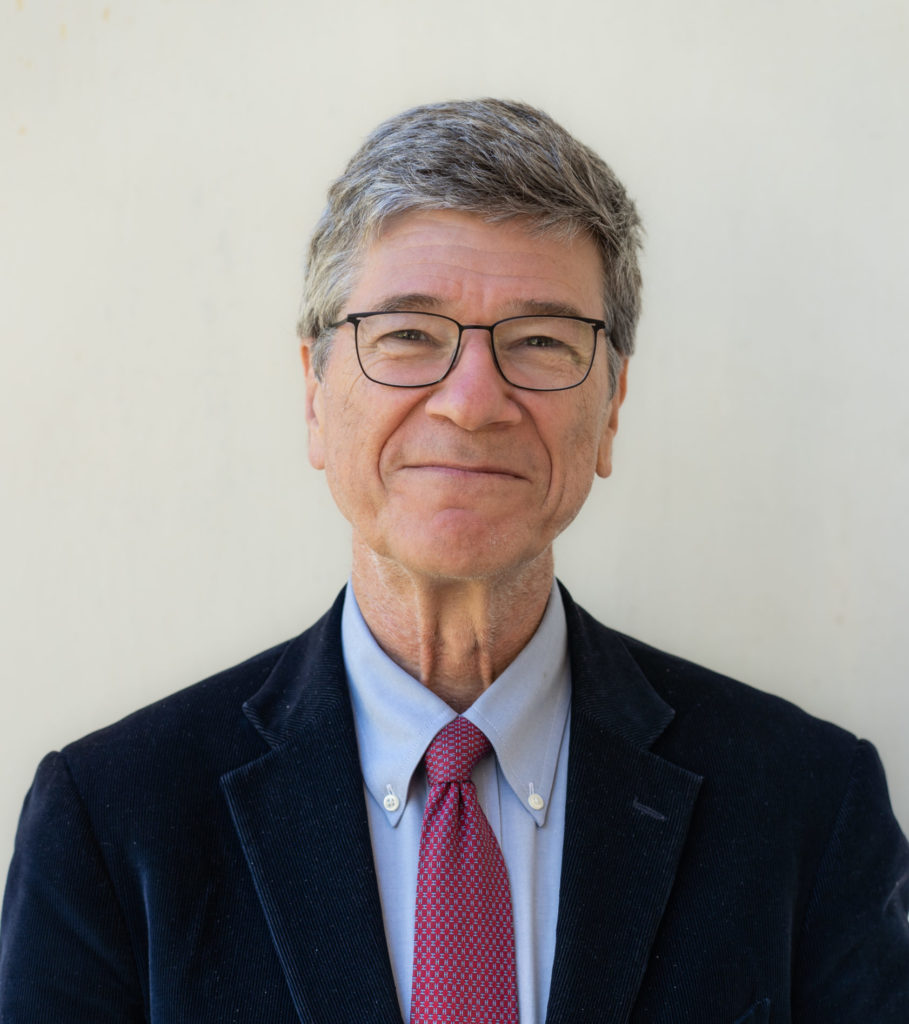
Jeffrey Sachs, President, UN Sustainable Development Solutions Network (SDSN)
Jeffrey D. Sachs is President of the UN Sustainable Development Solutions Network (SDSN), Co-Chair of the Council of Engineers for the Energy Transition, Commissioner of the UN Broadband Commission for Development, academician of the Pontifical Academy of Social Sciences at the Vatican, and Tan Sri Jeffrey Cheah Honorary Distinguished Professor at Sunway University. He is also a University Professor and Director of the Center for Sustainable Development at Columbia University. He has been Special Advisor to three United Nations Secretaries-General, and currently serves as an SDG Advocate under Secretary General António Guterres. He spent over twenty years as a professor at Harvard University, where he received his B.A., M.A., and Ph.D. degrees. Sachs has received 42 honorary doctorates, and his recent awards include the 2022 Tang Prize in Sustainable Development, the Legion of Honor by decree of the President of the Republic of France, and the Order of the Cross from the President of Estonia.
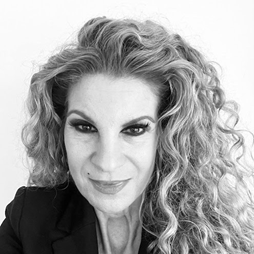
Niki Rodousakis, Capacity Development and Policy Advice Unit, UNIDO
Niki Rodousakis is a communications and capacity development professional at the United Nations Industrial Development Organization (UNIDO) and has spearheaded the development of UNIDO’s SDG 9 Learning Academy, a platform that consolidates UNIDO’s SDG 9 learning materials and trainings. She is the communications focal point and editor for the Division of Industrial Policy Advice and Capacity Development (IPC), collaborating closely with UNIDO’s Communications, Conferences and Media Relations team. Prior to joining UNIDO, she was a Research Fellow at the Interdisciplinary Centre for Comparative Research in the Social Sciences (ICCR) in Vienna, Austria, and was involved in social science research projects and policy analyses under the European Commission’s Framework Programme (now Horizon Europe). She has co-authored several book chapters, articles and opinion pieces. She recently joined the Capabilities 4 the Future Hub team as the UNIDO representative.

Elena Proden, Senior Specialist, Strategic Implementation of the 2030 Agenda Unit, UNITAR
Elena Proden (PhD) is a development economist and sustainability researcher and expert with over 15 years of experience working for the United Nations. She has worked across different world regions and has prior experience in academia and the private sector. She currently works as Senior Specialist leading UNITAR’s 2030 Agenda team which develops and implements capacity development projects for both government and non-government stakeholders. Together with UNSSC, her team is providing the Secretariat for the UNSDG:Learn partnership, which includes 65+ UN and non-UN agencies. Building on this partnership, UNITAR, UNIDO and SDSN have been collaborating to develop a new initiative, the Capabilities 4 the Future Hub. The Hub is designed to support industrial authorities and the private sector in developing capacities needed to implement SDG-aligned industrial policies and optimize global value chains for sustainable development. Ms. Proden is currently the Chair of the Global Network of Institutions for Statistical Training, having extensively worked on national development planning, SDG reporting and data partnerships for evidence-based decision-making.
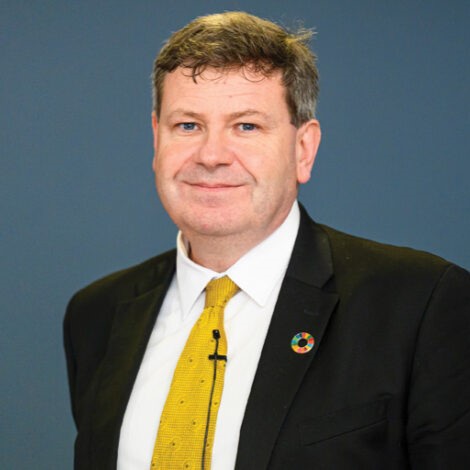
Patrick Paul Walsh, Vice President of Education and Director, SDG Academy, UN Sustainable Development Solutions Network (SDSN)
Patrick Paul Walsh is the Vice President of Education and Director of the SDG Academy at the UN Sustainable Development Solutions Network (SDSN). He is on secondment from University College Dublin where he remains a Full Professor of International Development Studies, Director of the UCD M.Sc. in Sustainable Development in partnership with the SDG Academy and President of the Statistical and Social Inquiry Society (SSISI) of Ireland. He received a Ph.D. in Economics from the London School of Economics and Political Science. He is a Government of Ireland Fellow, Marie Curie (Brussels) Fellow, IZA (Bonn) Fellow, RSA (London) Fellow, EIIR (Brussels) Fellow and REPOA (Tanzania) fellow. He has held academic positions in Trinity College Dublin, K.U. Leuven, Harvard University and Columbia University. He has also held positions in the United Nations, European Commission, IMF and World Bank. His current focus is on Sustainable Development Education than is informed by Science, Practice and Policy

Hon. Andrew Paygar-Flangiah, Deputy Minister for Industry, Liberia
Andrew Payger-Flangiah is a seasoned public policy expert, currently Deputy Ministry of Industry having already previously served Deputy Minister for Small Business Administration at the Ministry of Commerce and Industry in Liberia. During his tenure, he played a pivotal role in drafting and advocating for the landmark 25% “Set-Aside” policy, which was passed into law by the National Legislature. This policy secured over USD 43 million in public procurement for the small business sector. He also contributed to empowering small businesses through access to training, finance and markets. Additionally, he also managed the Liberia Innovation Fund for Entrepreneurs (LIFE), a Japanese government-funded programme focused on empowering small businesses in rural communities. As Deputy Director-General of the National Bureau of Concessions, he spearheaded the creation of Liberia’s first concessions compliance report and developed a comprehensive database of concessionaires in the country.

Mr. Gerry Cunningham, Ambassador of Ireland to the Kingdom of Saudi Arabia
Gerry Cunningham is the current Ambassador of Ireland to the Kingdom of Saudi Arabia and also accredited to Bahrain, Oman and Yemen. He served as Director of Human Rights in the Political Division of the Department of Foreign Affairs in Dublin from 2020 to 2022. Previously he served as Ireland’s Ambassador to Malawi, following assignments in the Irish Embassies in Zambia and Tanzania. In intervening years he served as Deputy Director on the multilateral-United Nations desk and separately as Desk Officer for bilateral relations with Southern Africa. Mr. Cunningham started his career as a chartered engineer project managing civil engineering and utilities infrastructure contracts in Ireland, the United Kingdom and Tanzania.
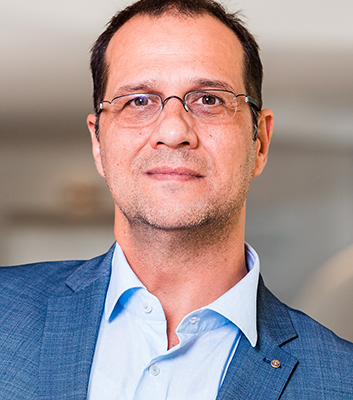
Siegfried C. Leffler, Head of Operations, International Services, Deutsche Gesellschaft für Internationale Zusammenarbeit (GIZ) GmbH
Siegfried Leffler serves as the Director of Global Operations at Gesellschaft für internationale Zusammenarbeit (GIZ) and is an accomplished executive with over 25 years of international experience leading large-scale business development and change initiatives. He has a proven track record in strategic planning and execution. He possesses expertise in international cooperation, EU development policies and strategies, and public affairs, and has successfully positioned companies in the political arena, particularly vis-à-vis EU institutions and the EEAS in Brussels. Mr. Leffler’s previous roles include leading GIZ’s operations in Brussels as Director and Principal Representative, as well as serving as Country Director in Ghana and Regional Director for the Middle East, North Africa, and Turkey. With extensive experience in public and private sector engagement, he has been instrumental in fostering international development programmes and driving operational excellence across various regions.

Kelly Sporn, Special Counsel, International Head of Strategic Delivery – Sustainability & ESG, DLA Piper
Kelly Sporn is a specialist in sustainability and ESG policy and strategy. She has sat on a number of key regulator and industry fora related to sustainability, including Legal Taskforce for the Sustainable Markets Initiative and the inaugural cohort of the FCA-Bank of England Climate Financial Forum. She has written for/peer-reviewed a number of publications on the topic of sustainability and ESG. Kelly has extensive in-house experience in legal, policy and business roles. Her sustainability experience is underpinned by two decades of experience in financial services and at international law firms. She is a post-graduate student with the University of Cambridge’s Institute of Sustainability Leadership. Her research interests include approaches to sustainability in law firms and extrinsic drivers for nature-positive strategic change. Kelly coordinates the international firm’s sustainability & ESG business strategy.

Jacqueline Corbelli, US Coalition on Sustainability & Creator, SustainChain
Jacqueline Corbelli is a founder, tech innovator and transformational change leader tackling issues that redefine industry verticals, business models and supply chains. She is both the Founder and CEO of the US Coalition on Sustainability, and the creator of SustainChain™, the first AI powered engine built with the single purpose to unify and accelerate informed action on climate change, sustainability and the SDGs across global supply chains. SustainChain was built during the pandemic, launched in 2021, and a Fast Company World Changing Idea, and Innovation by Design award recipient in 2022 and 2023, respectively. She is also the Founder, Chairman, and continuing CEO of NY-based technology company, BrightLine, which she started in 2003 and has since become a cornerstone of the enhanced video in the TV streaming world. Prior to BrightLine, Jacqueline was President of transformational change management firm Aston Associates started by Paul Allen, and led organization-wide programs to accelerate the design and achievement of new business, product, process, cost and revenue models across the financial sector.

Isabela Carrozza Joia, Program Associate, SDG Academy
Isabela Carrozza Joia is a Program Associate at the SDG Academy, a flagship education initiative of the UN Sustainable Development Solutions Network (SDSN). In this role, she supports professional and training initiatives aimed at promoting sustainable development, particularly in Europe. Isabela plays a key role in the BuildSkills Academy project, an EU-funded program that helps the construction sector adapt to the green transition and embrace digital technologies. Prior to joining SDSN, Isabela worked at the OECD Development Communication Network, where she spent three years developing communication strategies to promote the Sustainable Development Goals (SDGs). Her work involved advising on impactful communication approaches, managing events, and researching public perceptions of sustainable development.
